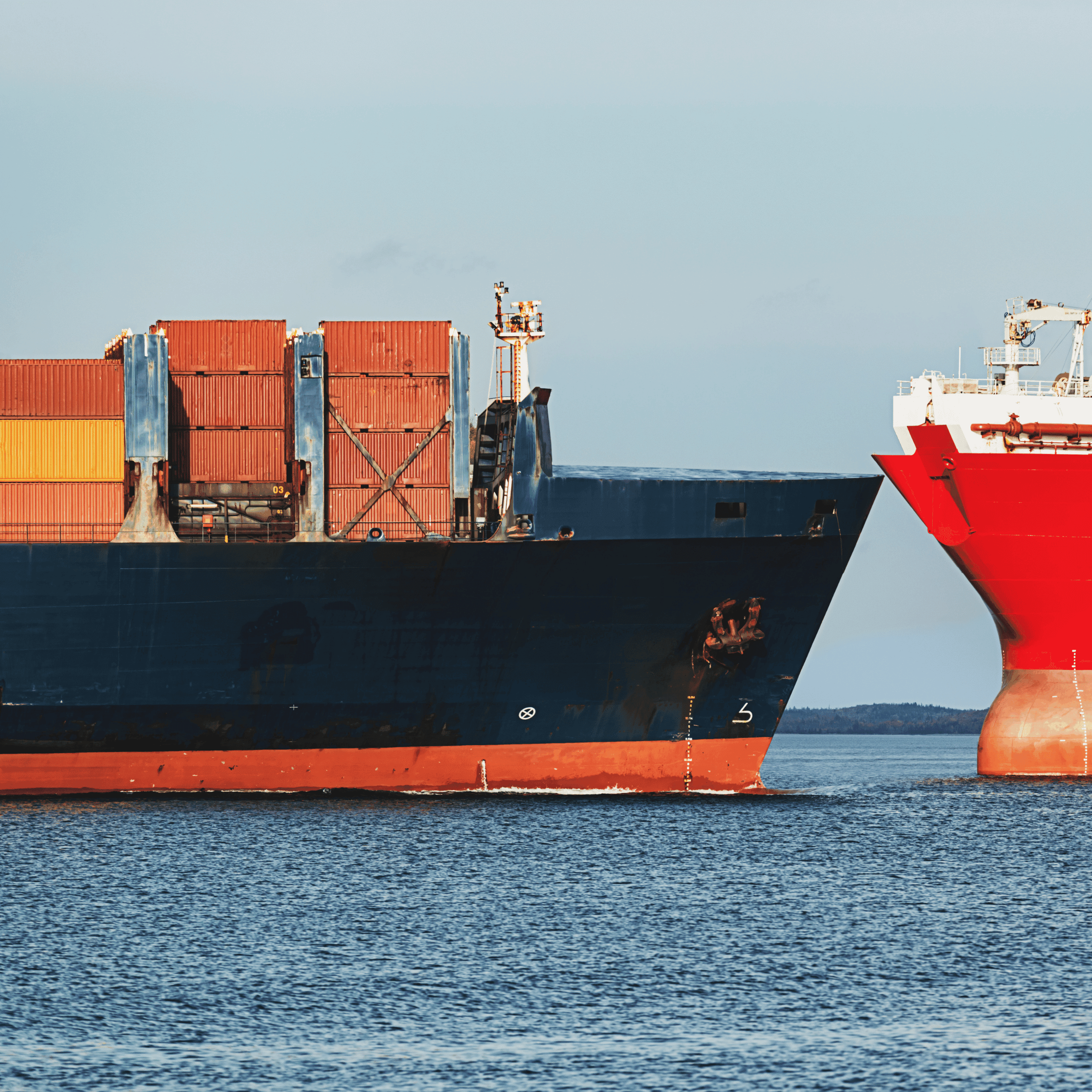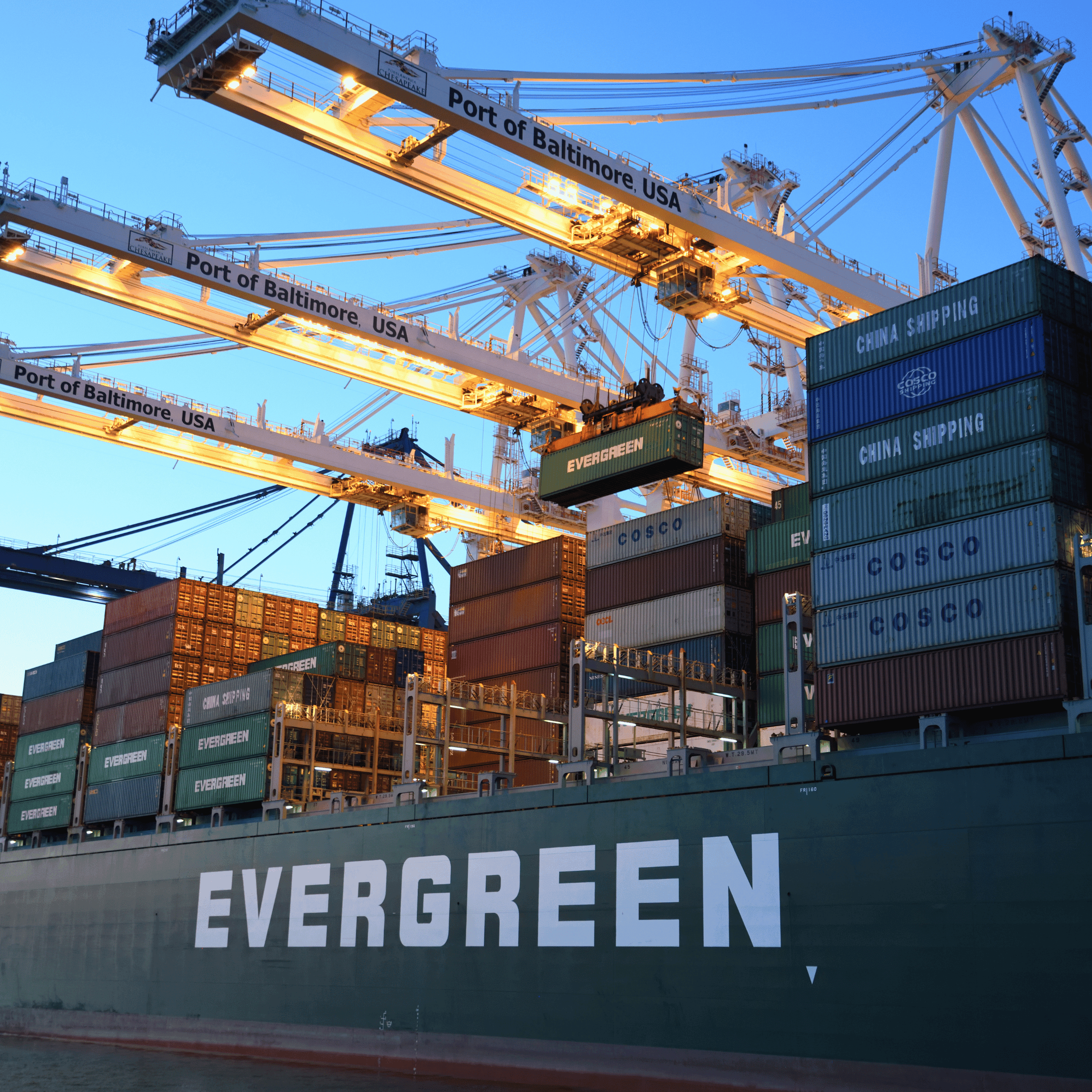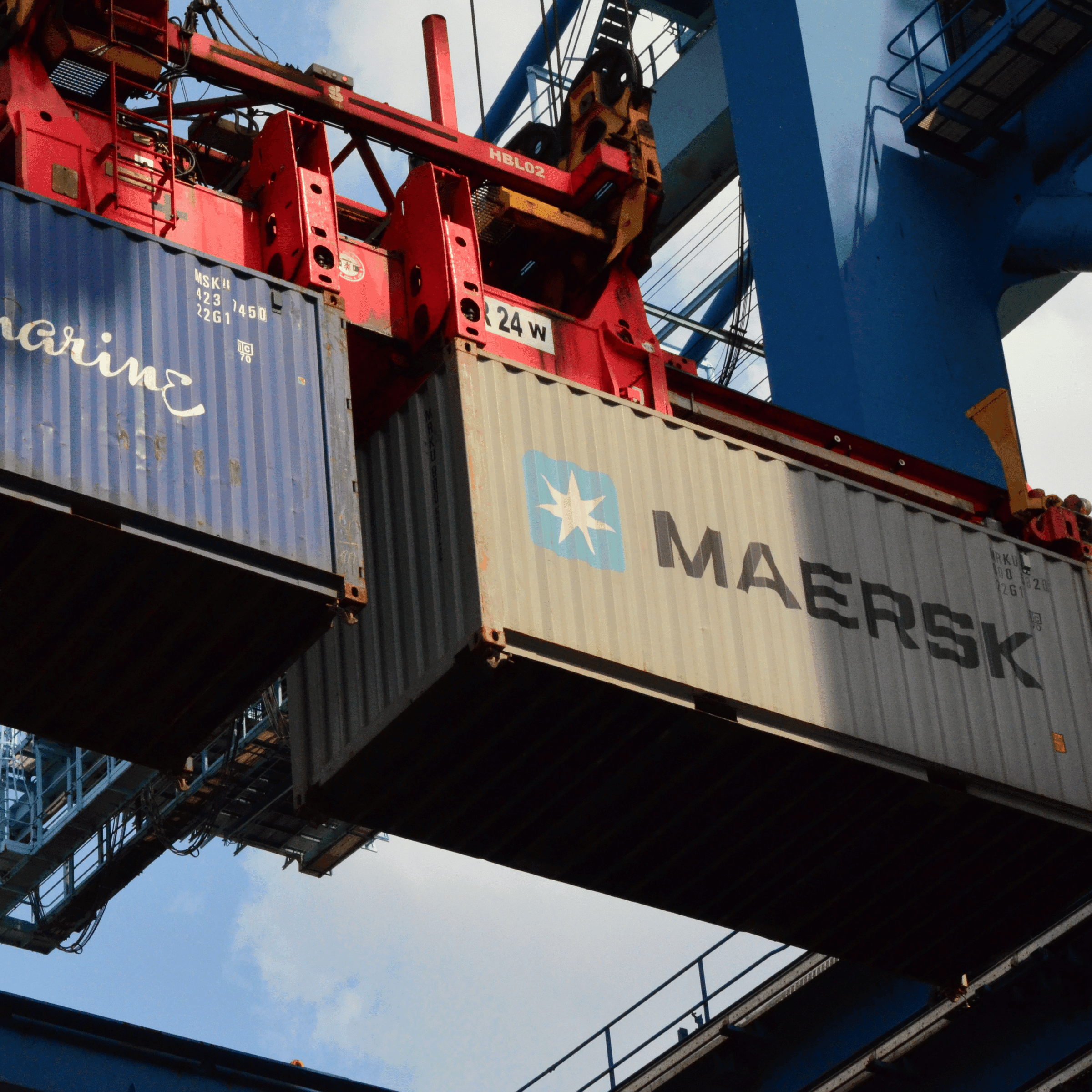Chances are, if you’re reading this, you don’t need us to tell you that operations and maintenance are not without their challenges, whether you own or lease the warehouse.
Running that operation in-house is more often than not associated with high labor costs, problems with inventory management associated with seasonal fluctuations in demand, shortages of storage space, redundant processes, problems with picking optimization, and so much more.
For that reason, many retailers and eCommerce merchants choose to outsource their warehouse storage to third-party logistics, or 3PL, providers.
If you’re considering the same, here are some arguments in favor.
Cost Savings
For most of you reading this, it’s probably the biggest benefit of outsourcing to a third-party storage facility – and the ultimate bottom line, no pun intended.
Running, staffing, heating and cooling, insuring, and maintaining a warehouse is extremely expensive. For those whose entire core competency revolves around this (3PL providers), it’s easier to develop economies of scale and cost savings than it is for others.
In addition to removing costs associated with staffing, maintenance, and insurance, you can leverage the advantages of improved productivity and efficiency, and potentially optimized shipping and transportation.
Scalability, Flexibility, Expandability
Outsourcing to a third-party provider for a warehouse storage solution will give you the flexibility required for growth – flexibility in the supply chain, in the transportation network, and within the warehouse itself, as managing the space will no longer be your responsibility.
This flexibility will give you the ability to allocate more of your resources to your own core competencies, in turn delivering you a greater ability to scale and grow your business.
Simplified Workflows
When you outsource warehousing (or any other aspect of logistics) the burden of coordinating all of the resources associated with it now falls on the 3PL, not on you.
This allows you to remove a whole piece of planning from your resource allocation, putting time and effort back into your reserve.
When you outsource, all you need to know is that your inventory is where it’s supposed to be, when it’s supposed to be there. The 3PL will manage communication, coordination, handling, and more.
Risk Mitigation
Warehouse safety is no joke, and requires you as an administrator to make sure proper protocols are in place, that they’re being observed, and that your employees are properly trained and equipped to be safe on the job, as well as to respond to any unfortunate incidents.
When you outsource to a third-party storage system, all of that is still there, it just won’t directly be your responsibility. Plus, if you no longer own the warehouse, you won’t be responsible for insurance – although that falls more under cost than risk mitigation.
Compliance, Technological Adaptation
Any regulatory requirements you have to observe within your warehouse (or that are unique to your industry) will be outsourced to, and become the responsibility of, your 3PL. They’re still there, but once again you won’t need to worry about them.
Also, in order to remain competitive and efficient, the 3PL will have a vested interest in keeping pace with technological practices, models, software, and devices that help streamline shipping, handling, storage, and inventory tracking, one more thing that will still influence your business, but which you will not directly have to worry about.
The Benefit of Industry Experience
Whereas you have your own business to run, for a 3PL provider, logistics is all they do, which means over time they will cultivate insider expertise that you otherwise wouldn’t have.
They know the particulars of product flows for a wide range of industries, as well as how to optimize processes within the warehouse to increase efficiency and productivity, all of which you’d be tasked with if you were doing it yourself.
Add-On Services Deliver More Value
Often, with warehouse storage come a wide range of other add-on services that can greatly enrich your organization, save you money, or positively impact your overall model.
Every 3PL provider is different, but speaking directly, we also offer:
– Temperature controlled warehousing and distribution management (both long and short-term)
– Cross-docking
– De-vanning
– Multi-vendor consolidation
– Inbound and outbound processing
– Claims management
– On-site pickup
– Use of advanced inventory management software
And other services and benefits that can help you improve your own processes.
Bonus: A Favorable Location
This does not apply to all potential customers, but in some cases, you might be working with a warehouse (that you own or lease) halfway across the country (or world).
Perhaps property costs are lower there; perhaps wages are more favorable in that location. Whatever the case, the farther away the warehouse, the bigger the headaches are that often arise from delays, unexpected lead times, and other problems.
We’re conveniently located stateside, right in Gloucester City, NJ, and positioned perfectly to serve clients across the country, and especially in the Northeast.
Snapl Solutions: Efficient, Professional Warehouse Storage Services
These are only a few of the best reasons to outsource your warehouse storage operations to a 3PL, but there are many others, and some might even be unique to your industry or business model.
We’re here to help you realize some of these benefits, and also offer other 3PL services in NJ such as , , , and more.
Get in touch with our logistics specialists at 800-966-3478 (ext 1), let us know what you’re trying to solve, and we’ll let you know how we can help.






